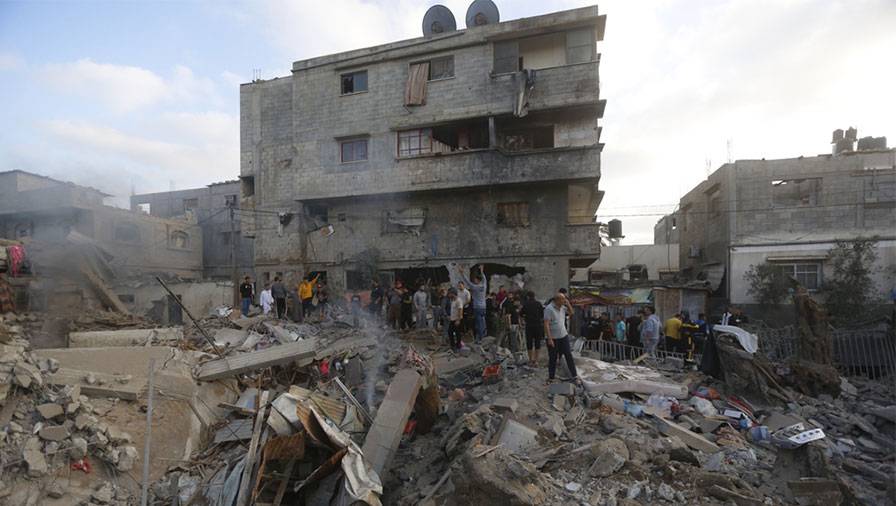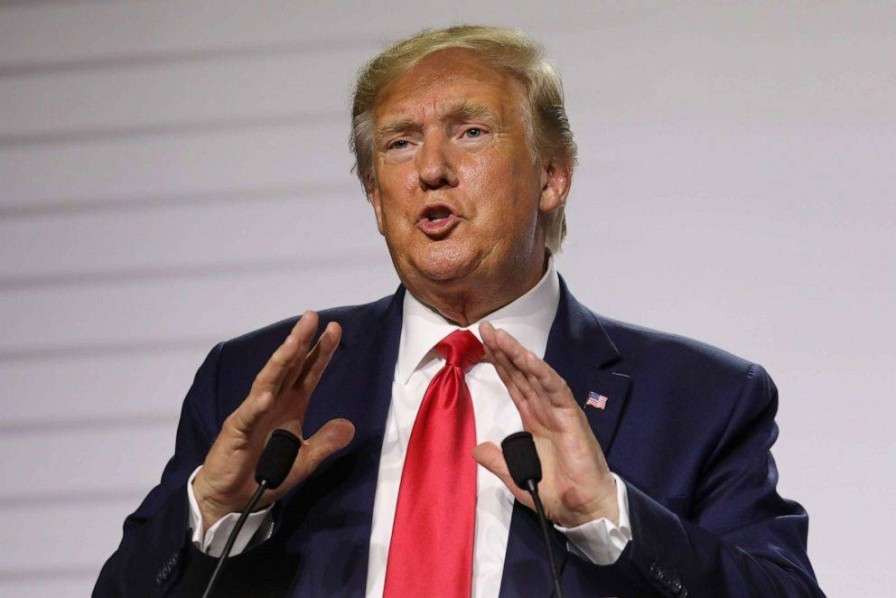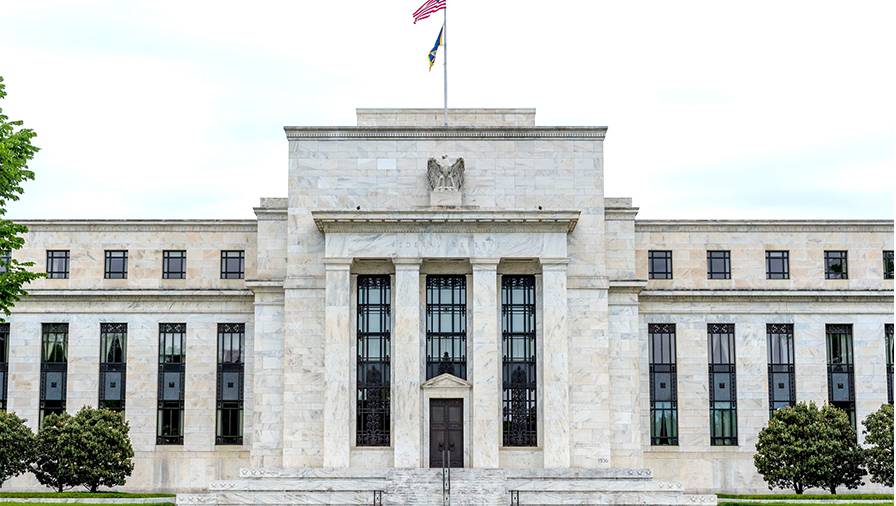Israel govt to vote on Gaza peace deal; Ferrari’s worst day ever
And US President Donald Trump has said federal spending cuts will only target Democratic priorities.
And US President Donald Trump has said federal spending cuts will only target Democratic priorities.
Happy Friday and welcome to your morning wrap of the latest political and business headlines from around the world.
First up, Israel’s security cabinet is meeting to vote on the first phase of a US-brokered ceasefire deal in Gaza, before a full cabinet vote, CNN reported.
The deal would allow for the release of the remaining 47 Israeli hostages (of which at least 20 are thought to be alive), the withdrawal of Israeli forces from Gaza to an agreed point and the release of some Palestinian prisoners.
A ceasefire is expected to take effect immediately following Israeli government approval, with a senior Hamas official telling CNN a “formal declaration” ending the war must be made.
US President Donald Trump said the hostages are expected to be released early next week.
The plan has been met with celebration from both sides, with people taking to the streets to celebrate.

Devastation in Gaza.
To the US now, where President Trump has said federal cuts made while the government is shut down will only target his opponent’s priorities, The Guardian reports.
The US government shut down nine days ago after the Senate failed to reach an agreement on a new funding bill. Attempts to advance a Democratic stopgap funding bill overnight were unsuccessful, and the upper chamber will now consider a proposal put forward by the GOP that would fund the government until late November.
Trump, during a cabinet meeting, said, “We will be making cuts that are permanent, and we’re only going to cut Democrat programs, I hate to tell you”.

Donald Trump.
In other news, Federal Reserve Governor Michael Barr said the world’s most important central bank should move more cautiously on further interest rate cuts, Reuters reported.
In a speech to the Economic Club of Minnesota, Barr said the central bank should be “cautious” about adjusting policy, so that members of the rate-setting committee can gather further data and properly assess the balance of risks.
He focused many of his comments on the risks of Trump’s tariffs on inflation, suggesting he is not sold on the need for a series of rate cuts, as financial markets currently expect.
Meanwhile, New York Federal Reserve President John Williams, who is a member of the rate-setting committee, told The New York Times he backs more interest rate cuts this year, given the risk of a further slowdown in the labour market.
"My own view is that, yes, we would have lower rates this year, but we'll have to see exactly what that means," Williams told the newspaper.

The US Federal Reserve Building.
In business news, luxury carmaker Ferrari has had its worst trading day on record after updating its full-year and 2030 guidance and scaling back its electrification ambitions, CNBC reported.
Shares in the Milan-listed company closed down 15.4%, as the company said it expects revenue of €7 billion ($14.1b) for the year, up from prior guidance of €7.1b, and forecast €9b in sales in 2030.
Analysts at Citi said the guidance fell below its “lower growth case”, reflecting conservatism from management.
In a separate update, the company said that by 2030, 20% of its fleet will be electric, down from prior forecasts of 40%.
The shift was the result of a client-centric approach, the current environment and expected evolution, Ferrari said.
Finally, this morning, Hungarian author László Krasznahorkai has won this year's Nobel Prize in Literature, the BBC reported.
He was recognised “for his compelling and visionary oeuvre that, in the midst of apocalyptic terror, reaffirms the power of art”.
Krasznahorkai has written five novels and won numerous other literary prizes, including the 2015 Man Booker International Prize and the 2013 Best Translated Book Award in fiction for his first novel Satantango, which is a postmodern work about the end of the world.
His other books include The Melancholy of Resistance, War and War, Seiobo There Below and Herscht 07769.
The Nobel committee described him as “a great epic writer in the Central European tradition that extends through Kafka to Thomas Bernhard, and is characterised by absurdism and grotesque excess”.
Sign up to get the latest stories and insights delivered to your inbox – free, every day.